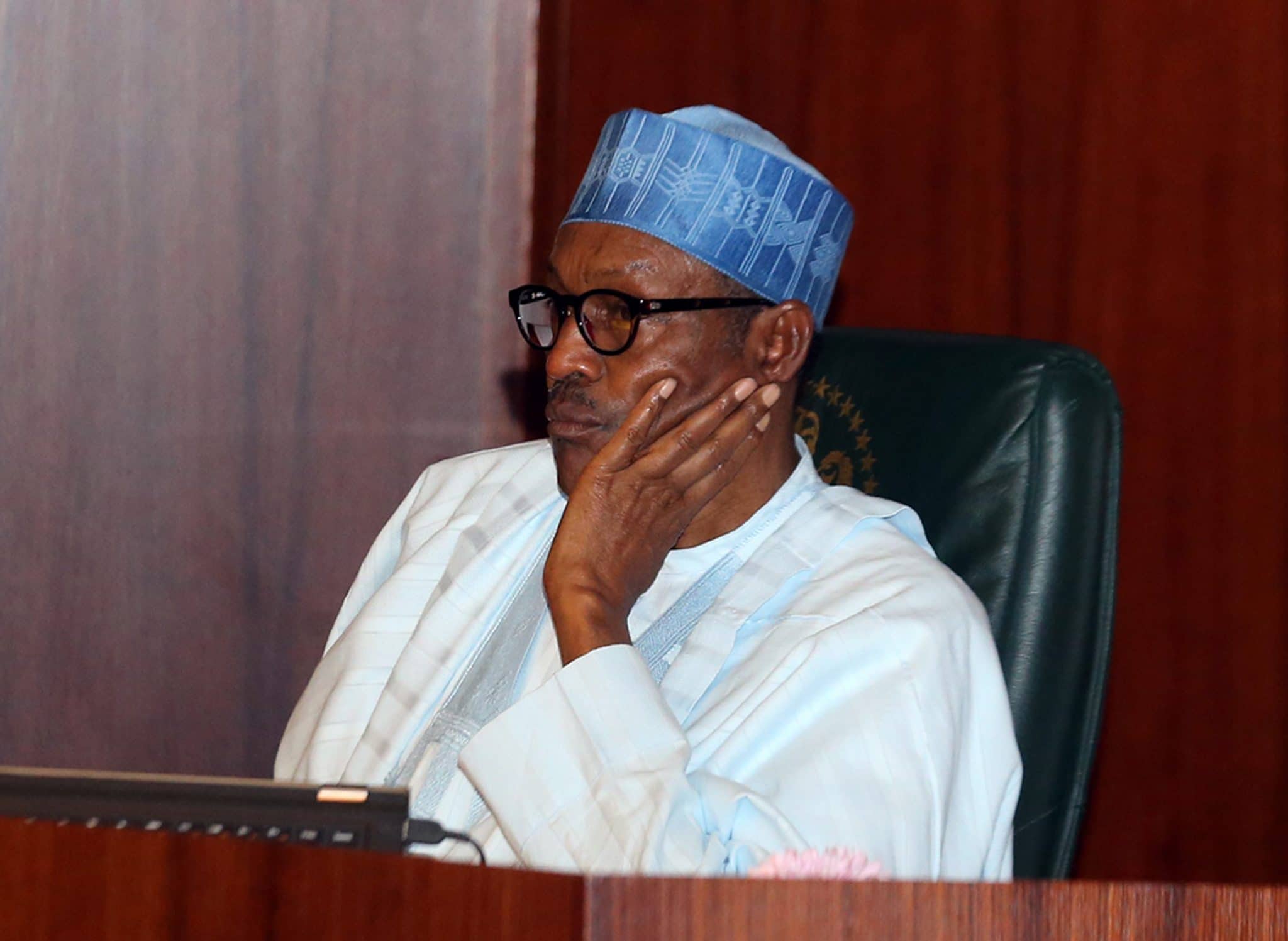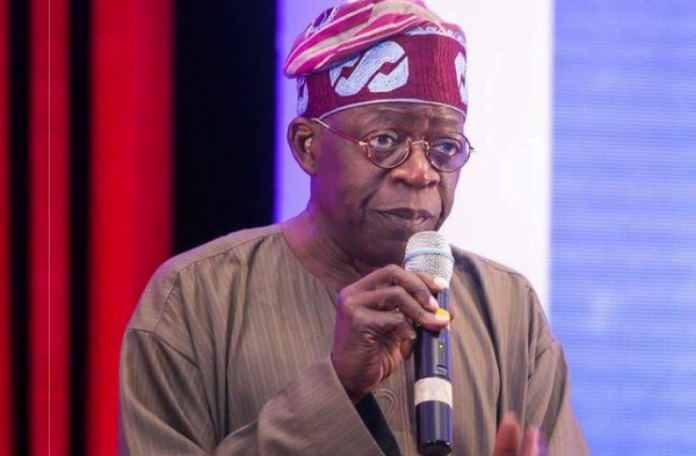AMID economic hardship, insecurity and mass despondency, Nigerians have recently been treated to self-congratulatory effusions by the President, Major-General Muhammadu Buhari (retd.), cabinet members and aides. From a televised documentary, a stock-taking retreat, and ministerial briefings, to media interviews and advertorials, the regime is touting its “achievements,” recycling its promises and posturing as a benevolent caretaker that has outperformed all its predecessors. Beyond its narrow circle of operatives and supporters, however, its claims have failed to douse widespread disaffection, reduce tension, or inspire hope in the traumatised population.
Indisputably, given the crushing weight of adversity afflicting most Nigerians, Buhari’s claims of exemplary service delivery appear decidedly extravagant. Opening a Mid-Term Ministerial Performance Review Retreat, he recounted achievements in infrastructure provision, security, the economy, and job creation. He has been similarly upbeat at various fora at home and abroad. “No government since 1999 has done what we have done in six years to put Nigeria back on track,” he declared, citing improved railways, roads, and security. As usual, he blamed previous governments for the country’s woes, insisting that he had stabilised the economy, piloted it through the recession and the COVID-19 pandemic and improved the health services.
In a documentary, ‘The Buhari Effect: Undeniable Achievements’, ministers and other officials enumerated “unprecedented” highway reconstruction and railway projects, improved security, governance, and housing.
Undeniably, the government is entitled to burnish its tarnished image, but its self-appraisal in several respects not only flies in the face of lived reality for most Nigerians but raises concerns that Buhari and officials are disconnected from objective reality. You cannot solve problems you fail to acknowledge. With less than two years left in his second and final term, Buhari must stop living in denial.
To be blunt, Nigeria is in dire straits and as this newspaper boldly declared in an editorial on January 24, 2018, titled, ‘Buhari, your best is not good enough,’ when three years into his first term, he was similarly engaged in self-praise, his six years in office have been disastrous. True, the regime has struggled with inherited problems, was welcomed by lower oil prices, and hit by the COVID-19 scourge, but its exertions have been inadequate, lacking in profound strategies and often uncoordinated.
Its failure weighs crushingly on the country. Starting with the economy and infrastructure, the regime has not applied critical thinking. Inheriting an economy headed south, marked by dwindling revenues, it refused to reach for low hanging fruits like privatisation and assets sales, liberalisation, and severance of the binding constraints to production and Foreign Direct Investment. It holds on to idle money-guzzling refineries, depots, steel plants, airports, and ports. Unable to plug leakages, cut expenditure and the bureaucracy, it has borrowed more in six years than all previous Nigerian governments since independence combined. From the N12.11 trillion it met in June 2015, public debt rose to N35.46 trillion by June. Unsustainably, over 90 per cent of all revenue is spent on debt servicing.
Unemployment that was 8.2 per cent by June 2015, on Buhari’s watch, has risen to 33.3 per cent. The regime’s claims of millions of jobs created through its various initiatives are contradicted by data from the National Bureau of Statistics showing factory closures and millions of jobs lost. An NBS/UNDP report said 20 per cent of workers lost their jobs from the COVID-19 impact in 2020. About 13 million persons are under threat of famine, says the UN Food and Agricultural Organisation. Nigeria has since 2018 become the World’s Poverty Capital. Health services are in chaos and about $2 billion of scarce foreign exchange is incurred annually through Nigerians seeking medical treatment abroad. Industrial disharmony has spiked with an estimated 552 days lost to strikes by medical doctors and lecturers alone in the last six years.
Buhari should realise that the infrastructure deficit put at $100 billion annually (189.77 per cent above the 2021 budget) cannot be bridged by endless Chinese loans alone. It requires FDI, Public-Private Partnerships, privatisation, and liberalisation. Service delivery is slow, poor, and expensive. While the government reportedly said it borrowed $2 billion to rehabilitate the Lagos-Ibadan, Kano-Kaduna-Abuja expressways, and build the Second Niger Bridge, the receipt of $311 million recovered loot earmarked specifically for the three has not speeded them up. Buhari has not fixed the Apapa ports access roads or reformed the port system. The power sector crisis remains intractable, and the economy is hobbled by shortages and the high cost of alternative standby power.
In the critical areas of security and corruption, the regime must move from denial to action. Contrary to its claims, the country is more insecure than at any other time in its history. Even during the Civil War 1967-70, fighting was restricted to the defunct Eastern Region. Today, every part of Nigeria is crime-infested. Terrorist insurgency, banditry, kidnapping, wanton violence, and pillage by Fulani herdsmen in the North, and the stirrings of insurgent terrorism in the South-East; general insecurity everywhere else. A survey counted 25,794 Nigerians killed in armed attacks during Buhari’s first term; 1,525 persons were slaughtered in the first six weeks of 2021.
The mass kidnapping of children has become routine as bandits, borrowing from Boko Haram’s playbook, terrorise the North. Nigeria is the third most terrorism-impacted country; Boko Haram/ISWAP, bandit-terrorists and Fulani herdsmen/militants are rated among the world’s five deadliest terrorist groups.
Buhari needs to shake up the fight against corruption where he is also failing. Ranked 149th out of 180 countries, Nigeria is Africa’s second most corrupt. Yearly illicit financial outflows estimates range from $10 billion to $18 billion; 60 per cent of public income is reportedly lost to corruption.
Buhari’s gravest areas of failure are in his disastrous mismanagement of Nigeria’s diversity, the desecration of the rule of law, basic rights, and democracy. In many parts of the country, the trust deficit has widened to the point of open separatist agitation. He is unarguably the most sectional and nepotistic national leader in Nigeria’s history. The ethnic nationalities and faiths are divided into mutually hostile camps. Consequently, the country was ranked the world’s 12th most fragile in the Fragile States Index 2021. He has failed to deepen democracy, instead, seeking to roll back media freedom, rights of assembly and protests and disdainful of court orders.
Instead of celebrating middling gains, therefore, Buhari and his team should roll up their sleeves, run a more inclusive government, and involve economists and the private sector in policy formulation. As the third wave of the COVID-19 pandemic rages and revenues fall further, he should reach urgently for transparent asset sales, downsize the bureaucracy, slash the cost of governance, plug revenue leakages, back state policing to secure the country, and overhaul the anti-corruption war and the security services. Sectional, religious, and political considerations should no longer guide public policies.
The obstacles to the elimination of poverty are largely political. Stanford University’s Centre on Democracy says poverty is generated and reproduced by power disparity and abuse. The enduring reduction of poverty requires a broad context of good governance, beyond the narrow arena of free and fair elections. The Buhari regime needs to rally and engage all sections of the polity, support moves to restructure the country to make the units competitive and productive. The country is sinking, and all hands should be on deck to salvage it.
Copyright PUNCH.



2 Comments